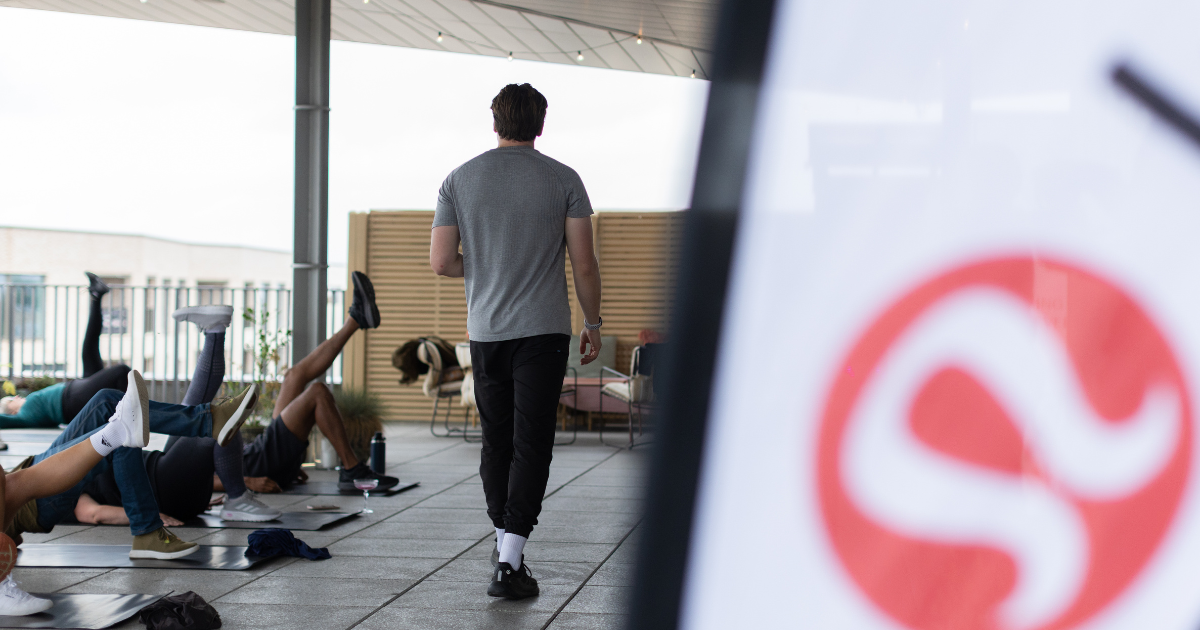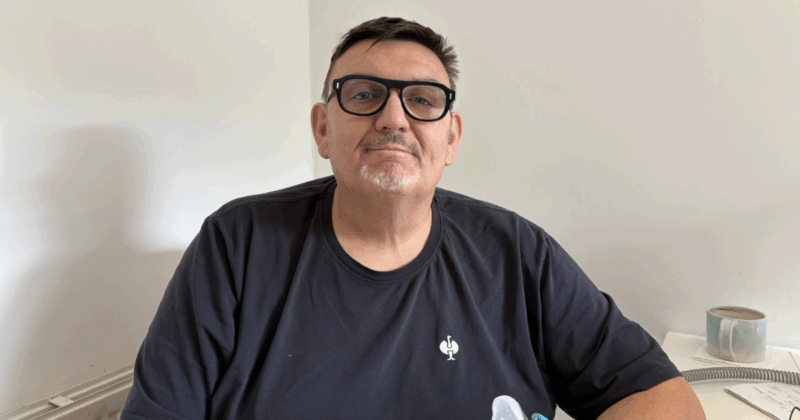
From bed bound to thriving

Athlete Joe Mitton never had to worry about his health, so it was a complete surprise when he was diagnosed with Crohn’s disease and later liver disease. Below, he shares his story with MedTech Views for Men’s Health Awareness Month.
“Several years ago, I came back from a trip with a bad stomach. I just thought I’d picked up a bug, but after six weeks, things still weren’t right. I was going to the toilet 10-15 times a day, I was extremely fatigued and I was losing a lot of weight,” the fitness entrepreneur remembers. “I finally went to the doctor and had a blood test, which showed my inflammation levels were through the roof.”
All of this was a big shock for Joe, who played sports to a high level and had never been seriously ill. “I had lots of tests for bowel cancer, including magnetic resonance imaging [MRI] scans, a computed tomography [CT] scan and ultrasound scans,” he says. “Then I had a colonoscopy and I was diagnosed with Crohn’s.” Crohn’s is a chronic inflammatory bowel disease that’s often tricky to diagnose.
The scans used medical technology to help Joe’s doctors rule out bowel cancer by providing detailed images of his intestines, rectum, and surrounding tissues and organs. The colonoscopy allowed Joe’s doctor to visually examine his colon and the end of his small intestine for inflammation and ulcers (common signs of Crohn’s) using a tiny camera on the end of a flexible tube.
“I was put on corticosteroids for eight weeks, and it sorted out my symptoms, though I gained weight. But when I had more blood tests done, my liver markers were still high,” he explains. Further MRIs, CTs and ultrasounds indicated that Joe had early-onset primary sclerosing cholangitis (PSC), a rare liver disease affecting one’s bile ducts.
Fast-forward two years, and Joe was 27, with a busy fitness business. “I went away for a wedding and fell apart afterwards. I was itchy, my joints were sore, and I was so weak that I couldn’t even walk upstairs. My liver markers were sky high. A liver biopsy confirmed I had small duct primary sclerosing cholangitis [PSC].”
Joe didn’t have the energy to work and had to move back home, where he was often bed-bound. “It was quite demoralising. My hepatologist told me to keep going with my training but to get better at resting,” he notes. “Over the next few years, I worked relentlessly at learning how to rest and lower my stress levels. The biggest challenge as a personal trainer was accepting how my body had changed, but I had to choose between staying alive and looking a certain way.”
Gradually, Joe built back up his health and his business, both of which are now doing better than ever. “Aside from a small amount of daily medication, my liver is as good as anyone’s,” he says. For peace of mind, he has regular scans using non-invasive ultrasound-like technology that’s specifically designed to assess liver scarring. “It’s so fast! It takes about two minutes, and doctors can monitor the progression of my disease over time.”
Joe is philosophical about his situation: “Of course I’d rather not have these diseases, but at least I know I’m doing everything possible to be as healthy as I can. I have a sportsman’s mindset – for me, it’s just another battle to win. Sometimes I beat it, sometimes it beats me.”









